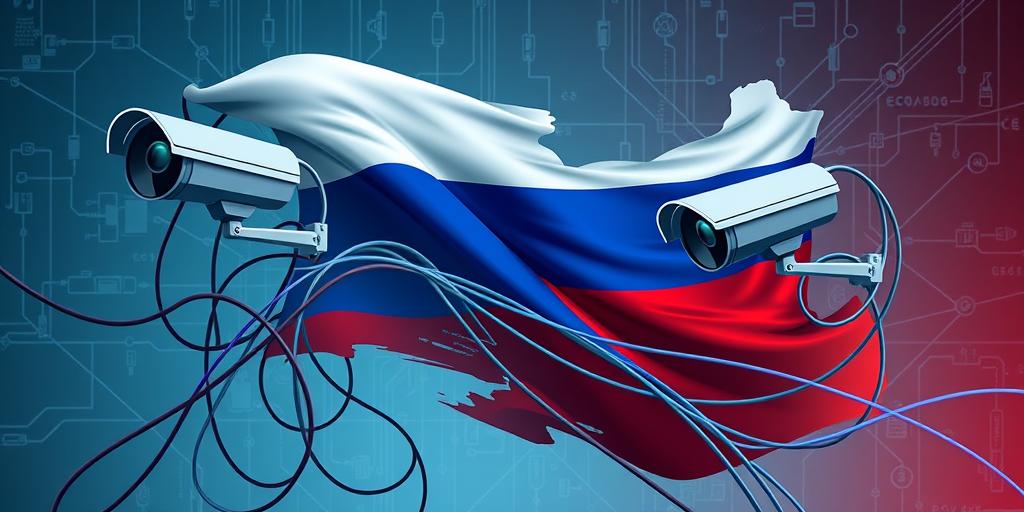Russia's "Sovereign Internet" initiative is a complex and multifaceted effort to exert greater control over the flow of information within its borders. Officially, the project is framed as a necessary measure to protect the Russian internet (RuNet) from external threats and ensure its stability in the event of a cyberattack or other emergency. However, critics argue that the true aim is to increase censorship, monitor online activity, and isolate the Russian population from dissenting voices and independent sources of information.
Key Components of the Sovereign Internet
The "Sovereign Internet" project involves several key technical and legal components:
- Infrastructure Control: Russia is investing in its own internet infrastructure, including a national domain name system (DNS) and the ability to filter and reroute internet traffic. This gives the government greater control over which websites and services are accessible within the country.
- Deep Packet Inspection (DPI): DPI technology allows the Russian government to analyze internet traffic in real-time, identifying and blocking specific content or applications. This can be used to censor websites, social media platforms, and messaging apps.
- Legal Framework: A series of laws have been passed that require internet service providers (ISPs) to install government-provided equipment and comply with censorship requests. These laws also impose strict regulations on online content and require social media companies to store user data within Russia.
- National Root Certificate: The government has developed a national root certificate, which would allow it to intercept and decrypt encrypted internet traffic. While presented as a security measure, this capability could be used to monitor citizens' online communications.
Implications for Information Flow
The implementation of the "Sovereign Internet" has significant implications for the flow of information in Russia:
- Increased Censorship: The government has greater ability to block access to websites and online content that it deems undesirable, limiting citizens' access to diverse perspectives and critical information.
- Monitoring and Surveillance: DPI and the national root certificate enable extensive monitoring of online activity, potentially chilling free expression and discouraging dissent.
- Digital Isolation: The focus on domestic infrastructure and control over internet traffic raises concerns about the potential for Russia to isolate itself from the global internet, creating a separate digital space.
- Impact on Businesses: The regulations and infrastructure requirements impose costs and burdens on businesses operating in Russia, potentially discouraging foreign investment and innovation.
Arguments For and Against
Supporters of the "Sovereign Internet" argue that it is a necessary measure to protect Russia from cyber threats and ensure its national security. They claim that it will enhance the stability and resilience of the Russian internet and prevent foreign interference in domestic affairs. They also point to similar measures taken by other countries to regulate online content and protect their digital sovereignty.
Critics argue that the project is primarily aimed at suppressing dissent and controlling the flow of information. They claim that it violates fundamental human rights, such as freedom of expression and access to information. They also warn that it could lead to increased censorship, surveillance, and digital isolation, ultimately harming the Russian economy and society.
Conclusion
Russia's "Sovereign Internet" project is a complex and controversial undertaking with far-reaching implications for information flow, freedom of expression, and digital security. While the government presents it as a necessary measure to protect the Russian internet, critics see it as a tool for censorship, surveillance, and control. The long-term impact of the project on Russian society and its relationship with the global internet remains to be seen.









